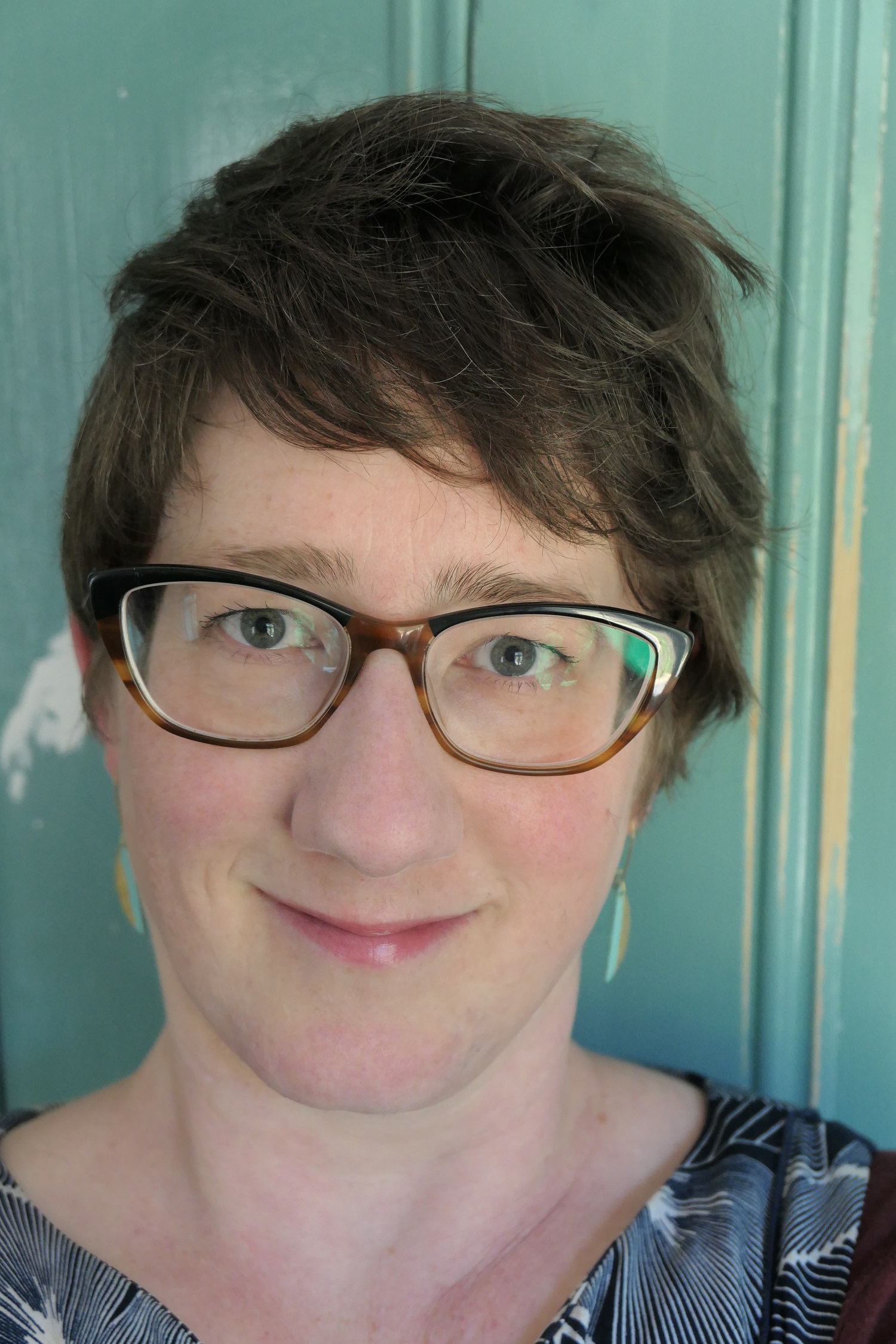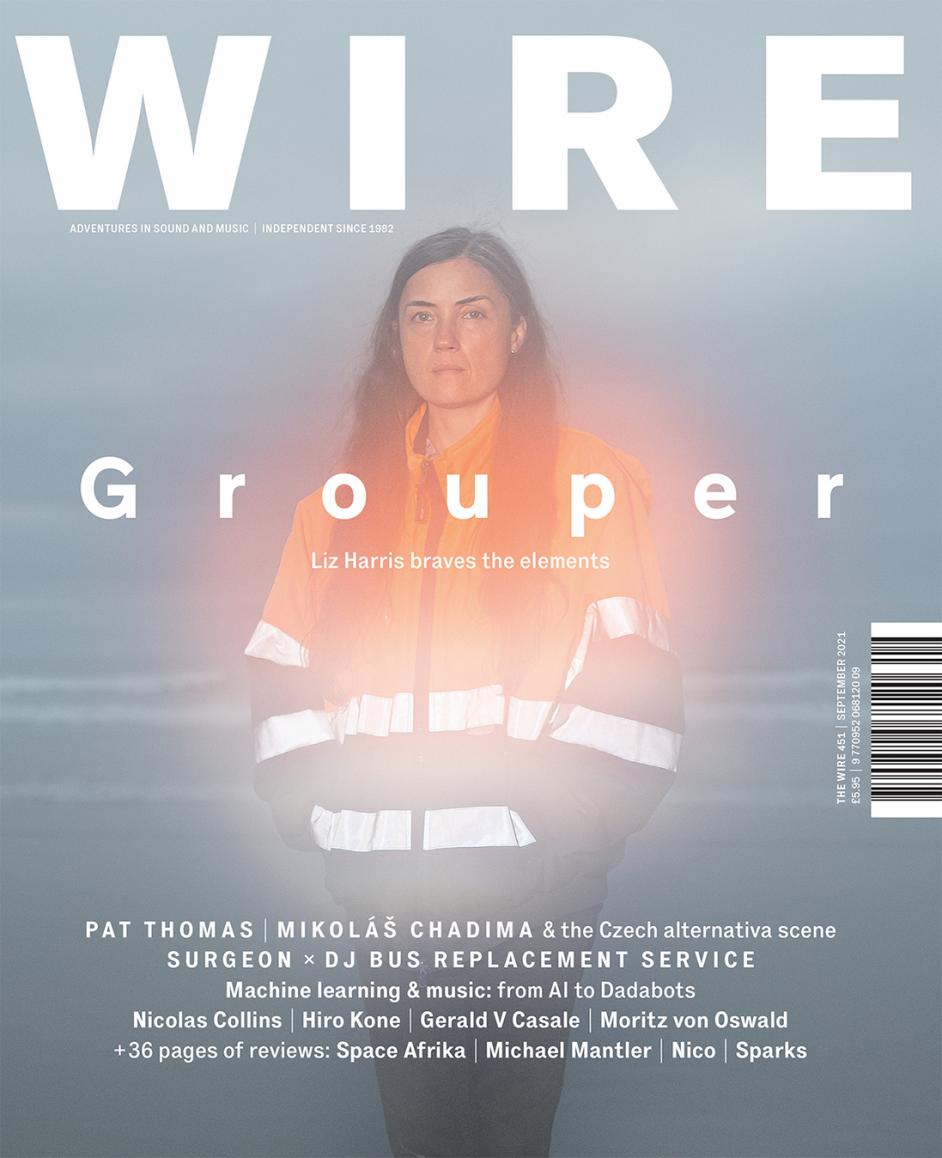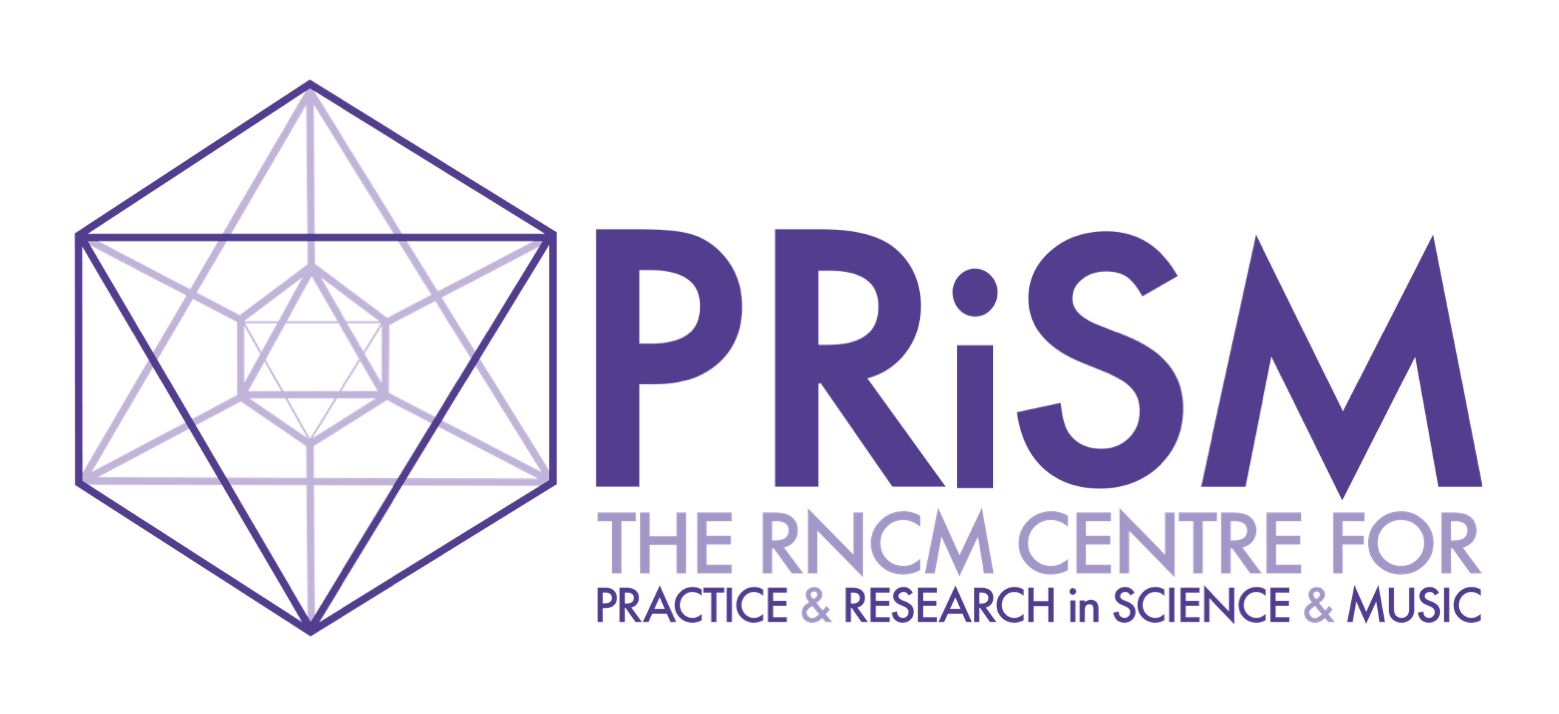Experiencing AI in Music
PRiSM Writer in Residence Update 2021
17 August 2021
In March 2021 we welcomed 4 new PRiSM Associates, PRiSM Writers in Residence Abi Bliss and Leo Mercer, and PRiSM Scientists in Residence Rose Pritchard and Patrick Sanan. We introduced them and their projects here 2021 PRiSM Writers and Scientists in Residence. We wanted to check back in with them and see how their projects were developing. Today’s update is from PRiSM Writer in Residence, Abi Bliss.
Experiencing AI in Music
By Abi Bliss

PRiSM Writer in Residence 2021, Abi Bliss
As part of my project on how artificial intelligence is changing the music we listen to, I’ve been talking to the composers of PRiSM (and those from Manchester University’s NOVARS who make up the joint Machine Learning for Music Working Group). They’ve told me how the audio-generating AI software Sample RNN opens up a world of creative uses that wouldn’t have been possible a few years ago.
It’s been fascinating hearing how they view the technology. For some, it’s a mysterious black box to be prised open, for others, a novel instrument to be tested to the limits. AI can be a collaborator, an accompanist or unpredictable improvising partner; it can birth hybrid creatures, sounds and languages or suggest materials that don’t yet or couldn’t exist. It’s glitchy, unknowable, all content and no context. It brings composers and technologists together but also raises tricky questions about authorship, carbon footprint and our constant quest for novelty.
Over the summer I’ll be thinking more about what it’s like to listen to AI music. I want to consider its implications through the frames of psychology, philosophy and the history of how people have reacted to innovations in music. You can also help me, by watching this concert from PRiSM’s recent Future Music #3 festival and sharing your impressions as listeners in the survey here.
 Read more by Abi Bliss on how Machine learning and AI have opened up new creative possibilities for artists such as Jennifer Walshe, Distractfold and Dadabots in The Wire Issue 451, September 2021
Read more by Abi Bliss on how Machine learning and AI have opened up new creative possibilities for artists such as Jennifer Walshe, Distractfold and Dadabots in The Wire Issue 451, September 2021


